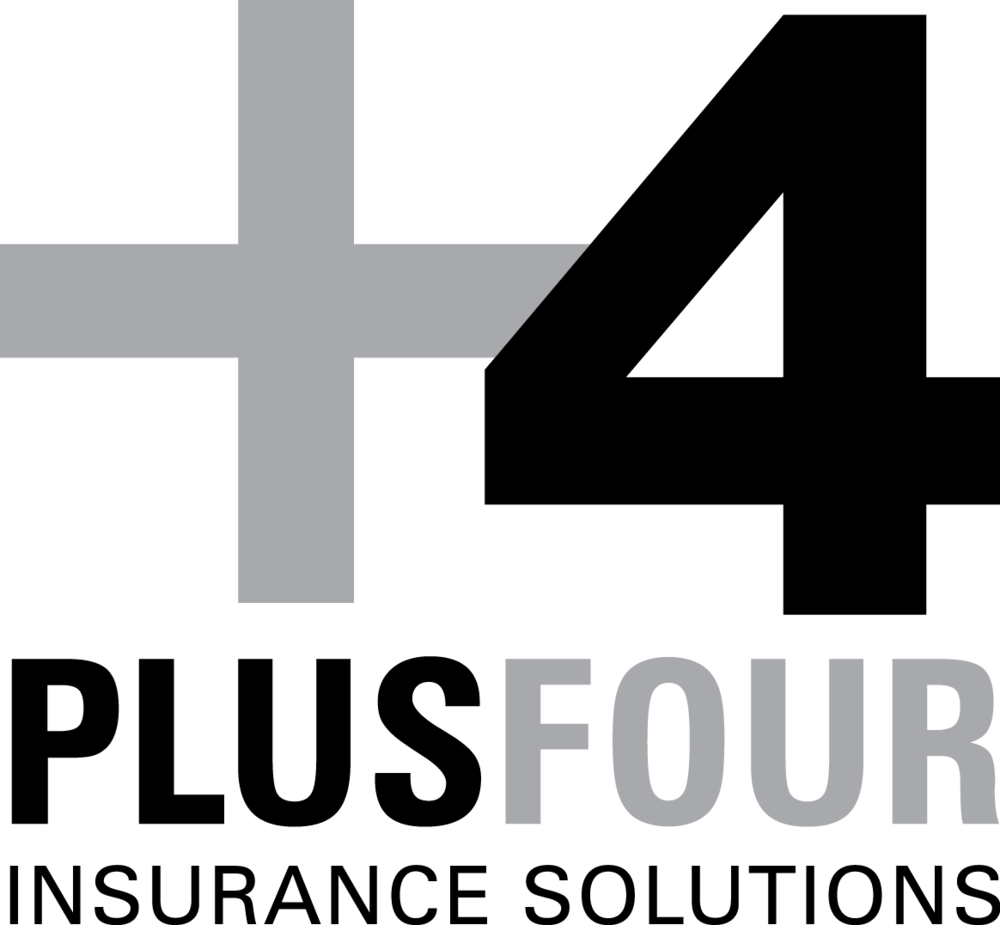What happens to debt when you die?
When you take on a mortgage, use your credit card or get a new vehicle on finance, you know it is important that you can make the required payments and keep on top of your debt. However, people don’t tend to think about what happens to those debts when you die.
So, what does happen to your debts when you die? The answer is, it depends. It depends on the type of debt, the estate and your next of kin.
The Estate
To understand what happens to debt, you need to understand what an estate is and how it works.
When someone dies all their individually held assets, such as property, cars, Kiwisaver and other investments, become a part of their estate. Jointly owned assets pass to the co-owner and do not become a part of the estate.
If you have a will you will have identified an executor, and that person will distribute the assets of the estate. Usually debts are paid first, and what remains is distributed to the beneficiaries of the will. If you die without a will (which is called dying intestate) an administrator will be appointed by the courts to administer the estate.
Any funeral costs or legal costs for managing the assets are paid by the estate.
Mortgage
For most people, this is the largest debt they will have in their lifetime, and because of the way mortgages are set up the bank will likely have “first dibs” on the estate to recover what is owed.
If the property is jointly owned, the surviving party will now be responsible for the mortgage. If this isn’t the case, the executor of the estate will need to use money from the estate to pay off what is left on the home loan. If there isn’t enough, they may have to sell the property to pay back the bank.
This is where life insurance plays a key role. If a home is jointly owned, or you will be survived by someone you want to be able to continue living there, making sure your life insurance pay-out is enough to cover your mortgage is a key factor in how much insurance cover you need.
CreditCard
As with a mortgage, the debt on a joint credit card will fall to the remaining party. However, an individual credit card will have the outstanding balance paid by the estate.
With the high interest rates on credit cards, keeping on top of the debt is important at the best of times, so if you find yourself with a lot of credit card debt it is important to put a plan in place to reduce this.
Finance arrangements
That car that is still being paid off, the sofa, TV or fridge on hire purchase, all need to be paid for from your estate. If thereisn’’t enough in the estate to do this, they may be repossessed.
Tax
If you die with tax owing this is considered a personal debt, so is paid from the estate. If you have business debts, and the business is in your name, this also applies.
OutstandingBills
You will need to cancel or transfer accounts for phones, internet and power. If you transfer accounts the new account holder will be responsible for any bills owing. If you cancel them the estate will be responsible.
What is there isn’t enough?
Sometimes the debts owing are more than the assets available to pay them off. Unless someone was jointly liable for the debt (such as a co-owner of a property or business, or someone who has provided a guarantee for a loan) family members cannot be held liable to pay off debts.
We work with our clients to make sure if the worst should happen their loved ones are taken care of. We look at the whole picture to make sure the level of insurance you have is just right for your circumstances. Talk to one of our advisers today.

